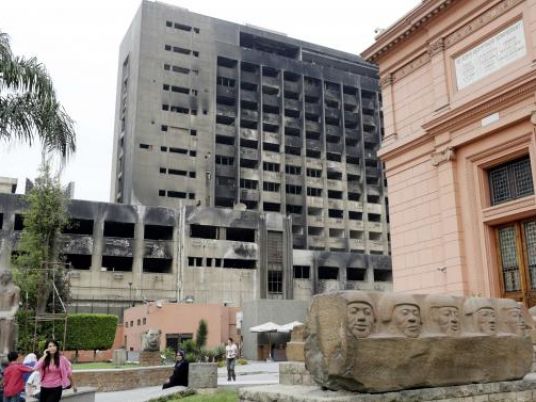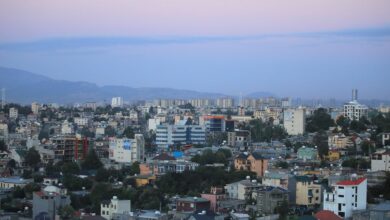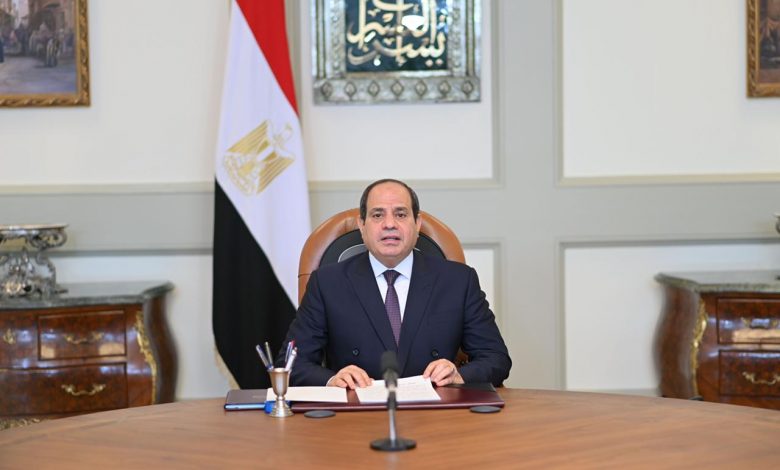Opposition figures and rights activists expect Egypt’s almost 30-year-old state of emergency to be officially extended tomorrow for another two years. While some have called for demonstrations, others are calling for a boycott of upcoming national elections.
“The National Democratic Party (NDP) continues to demand the issuance of anti-terrorism legislation,” said Gamal Mubarak, head of the ruling NDP’s policies committee, according to the party’s official website. “If there is an urgent need to extend the state of emergency after the end of the period, the party is calling for additional controls. The government is committed to enforcing a state of emergency only to counter the risks of terrorism.”
Mohamed ElBaradie’s National Front for Change, meanwhile, has voiced its deep opposition to an extension of the law and has called on the public to mobilize against the move.
“People should discuss the implementation details of such a law,” said Hassan Nafaa, Cairo University political science professor and campaign coordinator for ElBaradei. “And we will call for protests.”
Human rights activists, for their part, don’t see the logic behind further extending the unpopular law.
“We consider the emergency law the main source of human rights violations in Egypt,” said Hafez Abu Saeda, head of the Cairo-based Egyptian Organization for Human Rights.
According to Abu Saeda, drug trafficking and terrorism–the law’s two primary targets–could just as easily be combated by other means. “They could come up with new legislation that would ensure the general security,” he said.
Other activists are calling for a boycott of all upcoming elections, including those for the Shura Council, parliament and the presidency.
“No self-respecting person should participate in any of the upcoming elections if the emergency law is extended,” said Aida Seif el-Dawla of the Nadeem Center for the Rehabilitation of Victims of Violence.
The liberal Wafd party, however, considers the proposed electoral boycott as a “submissive move,” according to Wafd Secretary-General Mounir Fakhry Abdel Nour.
The leftist Tagammu Party, for its part, remains undecided on the issue. “It depends on what happens next,” said Tagammu Secretary-General Hussein Abdel Razek.
Pro-democracy movement Kefaya is organizing a protest tomorrow morning to denounce the emergency law, according to movement founder George Ishak, who added that he would not run in elections in the event that the law was extended. “There are no fair elections under the state of emergency,” he said.
The Tagammu Party is organizing its own demonstration on 16 May in front of the parliament building in downtown Cairo to call for an end to the emergency law, for constitutional amendments, and for increasing the national minimum wage, Abdel Razek told Al-Masry Al-Youm.
The Popular Democratic Movement is also calling for rallies against the emergency law and to support demands for a higher minimum wage. “Citizens must be granted these two requests in order to survive,” said Kamal Khalil, director of the Center for Socialist Studies and leading member of the movement.
The nationalist Karama Party is also mobilizing against the emergency law and calling for its replacement with formal anti-terrorism legislation, according to party organizer Hossam Moeness.
Egypt has remained in a formal state of emergency since the assassination of President Anwar Sadat in 1981.
The emergency law gives the government the right to to prohibit strikes, demonstrations and public meetings; censor or close down newspapers and other media; and monitor private correspondence and telephone calls. It also allows authorities to arrest and detain suspects without charge.




